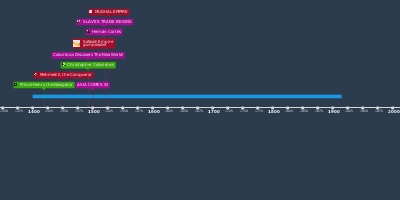The Father Of Turks Mustafa Kemal Atatürk (may 19, 1881 – nov 10, 1938)
Description:
Mustafa Kemal Atatürk (Turkish: [mustaˈfa ceˈmal aˈtaˌtyɾc]; 19 May 1881 (conventional) – 10 November 1938) was a Turkish army officer, revolutionary, and founder of the Republic of Turkey, serving as its first President from 1923 until his death in 1938. His policies were based on Turkish nationalism, and a secularist determination to limit the role of Islam to strictly religious matters. Atatürk's Reforms and policies are known as Kemalism.Atatürk came to prominence for his role in securing the Ottoman Turkish victory at the Battle of Gallipoli during World War I. Following the Empire's defeat and subsequent dissolution, he led the Turkish National Movement, which resisted against the mainland Turkey's partition among the victorious Allied powers. Establishing a provisional government in present-day Turkish capital Ankara, he defeated the Greek and British forces, thus emerging victorious from what was later referred to as the Turkish War of Independence. He subsequently proceeded to abolish the defunct Ottoman Empire and proclaimed the foundation of the Turkish Republic in its place.
As the president of the newly formed Turkish Republic, Atatürk initiated a rigorous program of political, economic, and cultural reforms with the ultimate aim of building a modern, progressive, and secular nation-state. He made primary education free and compulsory, opening thousands of new schools all over the country. He also introduced the Latin-based Turkish alphabet, replacing the old Ottoman Turkish alphabet. Turkish women received limited civil and political rights, notably they were given voting rights in local elections in 1930 and in 1934, full universal suffrage, earlier than most non-Western countries.
He carried out a policy of Turkicisation trying to create a homogeneous and unified secular nation based on Turkish nationalism, with a minimal role for Islam. The result was Secularism in Turkey Under Atatürk, non-Turkish minorities were pressured to speak Turkish in public, non-Turkish toponyms and last names of minorities had to be changed to Turkish renditions, Despite vocal Kurdish opposition. The Turkish Parliament granted him the surname Atatürk in 1934, which means "Father of the Turks". He died on 10 November 1938 at the age of 57 in Dolmabahçe Palace. In 1953, his iconic mausoleum was built and opened, which is surrounded by a park called the Peace Park in honor of his famous expression "Peace at Home, Peace in the World".
In 1981, the centennial of Atatürk's birth, his memory was honoured by the UN and UNESCO, which declared it The Atatürk Year in the World and adopted the Resolution on the Atatürk Centennial, describing him as "the leader of the first struggle given against colonialism and imperialism" and a "remarkable promoter of the sense of understanding between peoples and durable peace between the nations of the world and that he worked all his life for the development of harmony and cooperation between peoples without distinction".[1][2] Atatürk is commemorated by many memorials throughout Turkey and numerous countries all over the world, where place names are named in honor of him.
Added to timeline:
Date:
may 19, 1881
nov 10, 1938
~ 57 years
